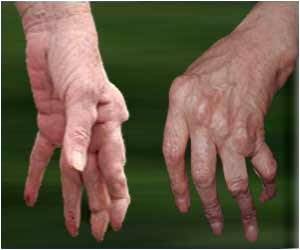Jerusalem researchers have tied a common phenomenon noticed in humans and animals, the instinctive mothering behavior towards care of newborns to an altered brain function.

"We know that distinct brain changes are linked with motherhood, but the impact of these changes on sensory processing and the emergence of maternal behaviors are largely unknown," explains Mizrahi. "In mice, olfactory and auditory cues play a major role in the communication between a mother and her pups. Therefore, we hypothesized that there may be some interaction between olfactory and auditory processing so that pup odors might modulate the way pup calls are processed in the mother's brain."
Dr. Mizrahi and his post-doctoral colleague Dr. Lior Cohen examined whether the primary auditory cortex, a brain region that is involved in the recognition of sounds, might serve as an early processing region for integration of pup odors and pup calls. The primary auditory cortex is known as a site that undergoes functional changes in response to sensory input from the environment.
In their study, the researchers exposed regular mice, mice that had experienced interaction with their pups, and lactating mother mice to pup odors, and then monitored both spontaneous and sound-evoked activity of neurons in the auditory cortex. The odors triggered dramatic changes in auditory processing only in the females that had interacted with pups, while the lactating mothers were the most sensitive to pup sounds. The olfactory-auditory integration appeared in lactating mothers shortly after they had given birth and had a particularly strong effect on the detection of pup distress calls.
Taken together, the findings suggest that motherhood is associated with a previously un-described form of multisensory processing in the auditory cortex.
"We have shown that motherhood is associated with a rapid and robust appearance of olfactory-auditory integration in the primary auditory cortex occurring along with stimulus-specific adaptation to pup distress calls," says Dr. Mizrahi. "These processes help to explain how changes in neocortical networks facilitate efficient detection of pups by their caring mothers."
Advertisement
Source-Eurekalert















